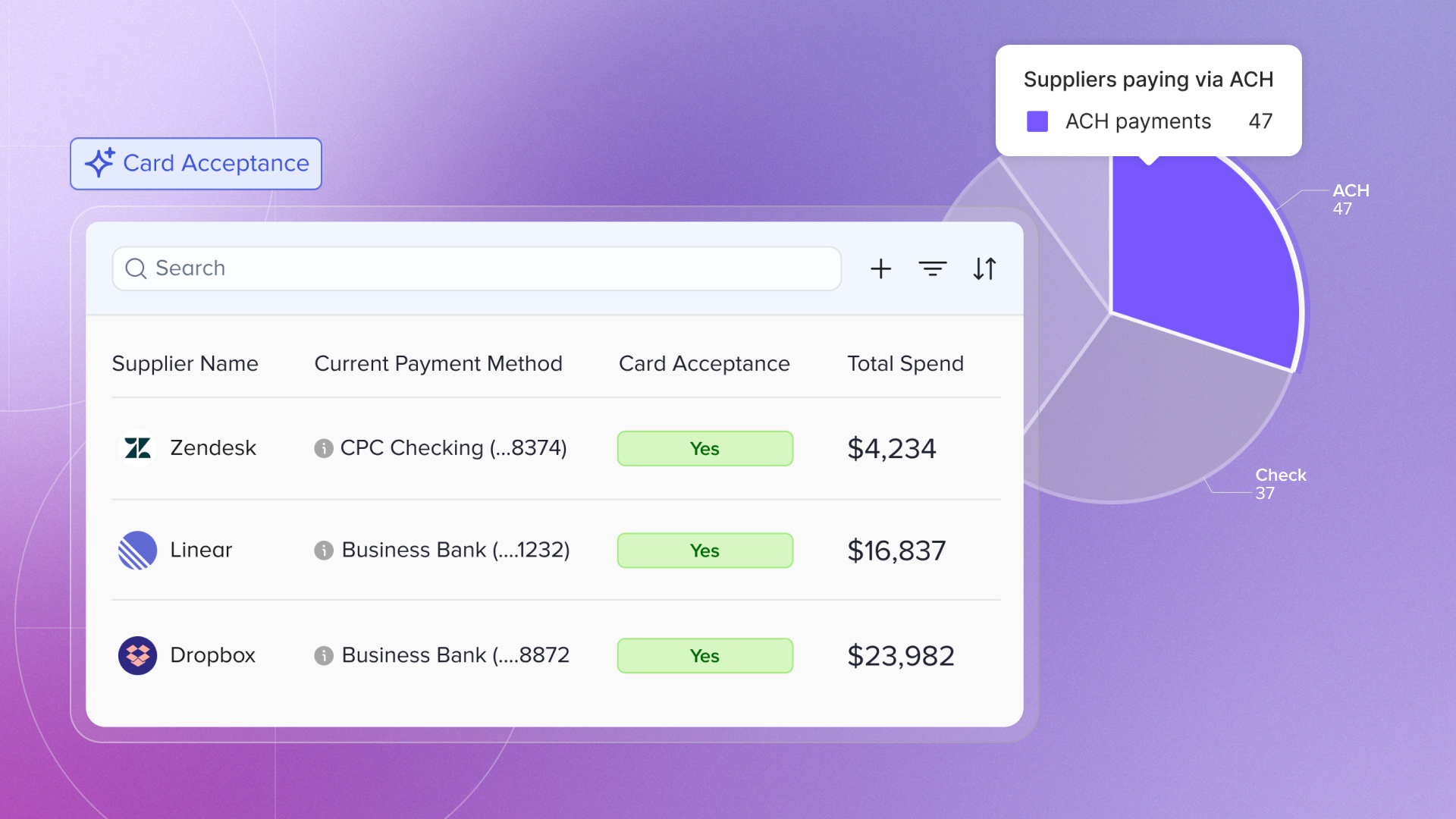
The accounting software industry has rapidly evolved over the past decade into a behemoth valued at over $12 billion.
Innovations in real-time reporting, cloud-based collaboration, and workflow automation have improved the accuracy of the accounting information and made it easier for all involved parties to access critical financial information. Accounting platforms like Quickbooks, Netsuite, Xero have become sophisticated and vital tools for today’s businesses.
Accounting automation is the use of technology to streamline and automate repetitive and time-consuming accounting tasks. The trend towards automation has been growing in recent years, as businesses look for ways to save time and reduce costs. Keeping up with the current trends in accounting automation is essential for teams looking to stay on top of the latest developments and enable their teams with the best technology.
At Rutter we get the chance to work with some of the most cutting edge accounting technology companies and startups that are building solutions to help companies streamline their accounting workflows. By helping power these workflows with our Universal Accounting API, we have seen firsthand what new innovations in the space are being built.
In this blog post, we will take a look at some of the top trends in accounting automation and explore some companies that are innovating in the space.
- Cloud-based accounting - One of the biggest trends in accounting automation is the move towards cloud-based accounting. Cloud-based accounting systems allow businesses to access their financial data from anywhere, at any time. These systems also allow for easy collaboration and data sharing among team members. Some startups in this space include Xero, QuickBooks, and Zoho Books.
- Automated data entry - Another trend in accounting automation is the use of technology to automate data entry. This can include things like automatically importing bank statements, tracking expenses, and creating invoices. Startups like A2X, TradeGecko, and Bench are tackling this trend by offering solutions that automate these tasks and make it easy for businesses to manage their financials. Additionally, expense management companies like Ramp, Brex, Airbase, TripActions are building automated workflows as well to help with receipt scanning and categorization that integrates with accounting systems.
- Artificial Intelligence (AI) and Machine Learning (ML) - AI and ML are increasingly being used in accounting automation to improve the accuracy and efficiency of financial tasks. This can include things like predicting cash flow, identifying fraudulent transactions, and providing personalized financial advice. Startups like ScaleFactor and Botkeeper are utilizing AI and ML to provide cutting-edge accounting automation solutions. Additionally, companies are leveraging the latest technologies like GPT-3 to automate end to end accounting workflows like 3-way invoice matching.
- Blockchain Accounting - Blockchain technology is increasingly being used in accounting to create an immutable and transparent record of all financial transactions. This technology can be used to automate accounting tasks such as bookkeeping, auditing, and tax compliance. Startups like ZenLedger are using blockchain technology to create an efficient and secure accounting system for cryptocurrency businesses.
- Automated compliance - With the ever-changing regulatory landscape, businesses are looking for ways to automate compliance tasks. This can include things like tax reporting, compliance with accounting standards, and maintaining financial records. Startups like LedgerLeap and Klarity are providing solutions that automate these tasks and make it easier for businesses to stay compliant.
In conclusion, accounting automation is becoming increasingly important as businesses look for ways to save time and reduce costs. Startups in this space are utilizing technology such as cloud-based accounting, automated data entry, AI/ML, blockchain and automation compliance to provide cutting-edge solutions that make financial tasks more efficient.
These trends are here to stay and will likely continue to evolve in the coming years. As a business owner, it's important to stay informed of these trends and to consider incorporating accounting automation into your business operations.
If you're building a company in the accounting automation space, reach out to learn more about our Universal Accounting API and try out our product here.





